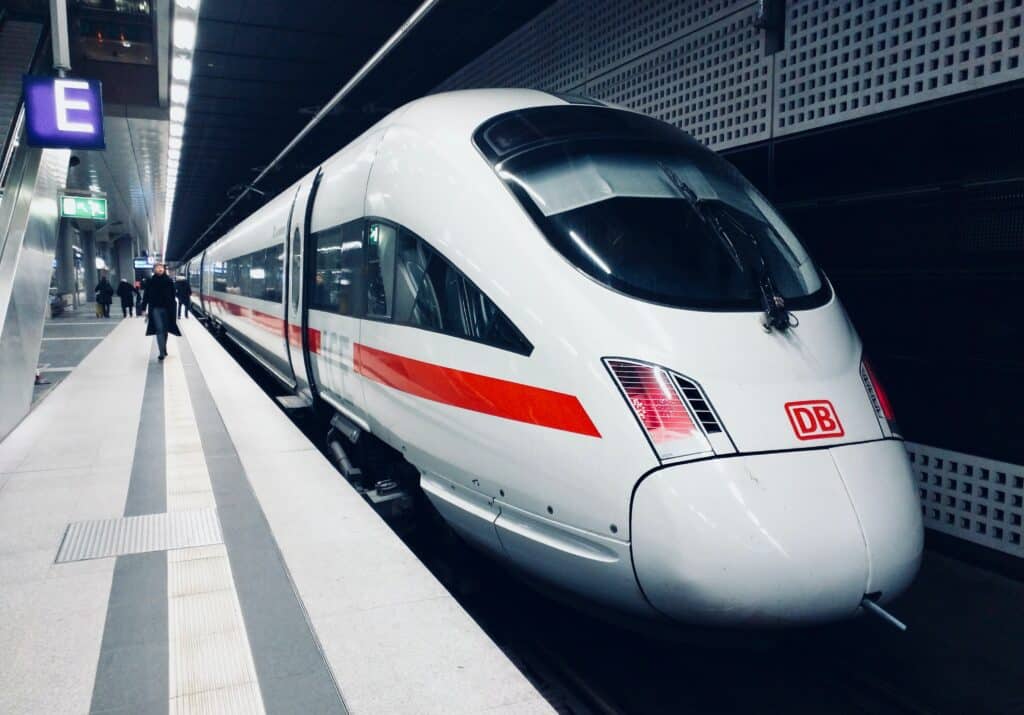Public Service Obligations in the Railway Sector: The EU’s Regulatory Self-Restraint as Part of the Problem?
The paper “Public Service Obligations in the Railway Sector: The EU’s Regulatory Self-Restraint as Part of the Problem?” will be presented at the 2nd Florence Rail Conference (9-10 December, 2021).
ABSTRACT:
Public service obligations (‘PSOs’) are inherent to the railway sector, and to network industries in general. This type of considerations (eg. affordability, social tariffs, minimum quality standards…) originally led to the creation of national monopolies. Such monopoly rights were seen as the logic counterpart for the additional tasks required from the undertaking. The costs incurred because of offering such non-competitive services could then be compensated through monopolistic behavior on the rest of the market (‘cross-subsidization’).
When the EU policymaker launched the process of liberalization in several sectors, a compromise had to be found. On the one hand, a free market was believed to lead to better prices and more innovation. On the other hand, it would no longer be economically viable to offer non-profitable public services, while having to compete with other market players.
As a consequence, many of the liberalization packages at EU level still contain provisions that allow Member States to protect PSOs from free market dynamics. In certain industries (eg. telecommunications), the European legal regime itself even installs a so-called “universal service obligation”, requiring Member States to ensure that a certain service is available nationwide and at an affordable rate. For other sectors (eg. aviation or railways), a more abstract framework is set out, leaving quite some discretion to the national authorities to decide upon what they perceive as crucial PSOs.
Even if PSOs remain necessary, the divergence between the requirements at the national level might still hinder the creation of a true European railway market (certainly for passengers). Since the lack of cross-border train operators is one of the obstacles experienced by consumers – therefore also hindering a true modal shift – it is worthwhile to reflect upon the regime and boundaries regarding PSOs.
The proposed paper would investigate how strictly PSOs are harmonized in the railway sector. To do so, a comparison will be made with other liberalized sectors that traditionally contain PSOs (or universal service obligations): telecommunications, postal services, aviation and the electricity industry.
The intensity of harmonization will be measured based on the discretion that the Member States are allowed, and this at three different levels:
(i) The delineation of the public services: are the overriding non-economic interests already defined by the EU legislator, or is there only a general definition combined with a set of abstract standards?
(ii) The award procedure of public service contracts: should the relevant national authorities follow a full-fletched tender procedure (to guarantee fair competition), or can such agreements be concluded directly?
(iii) The funding of PSOs: is there a fixed set of methods being proposed by the EU instruments, or are Member States largely free to decide how to support the chosen economic actor?
This multi-layered comparison might unveil a certain ‘regulatory self-restraint’ at the EU level regarding PSOs in the railway sector, ie. leaving more discretion to national authorities than is the case in other areas. If so, this should be taken into account when trying to identify the current regulatory burdens to a truly aEuropean railway sector.
Moreover, this analysis will also provide the opportunity to reflect upon the role that the EU should play regarding PSOs in the railway sector. Should it simply tolerate this type of deviations from the free market by Member States, or could a more active role at the European level be fruitful (eg. by imposing certain minimum public services themselves).







